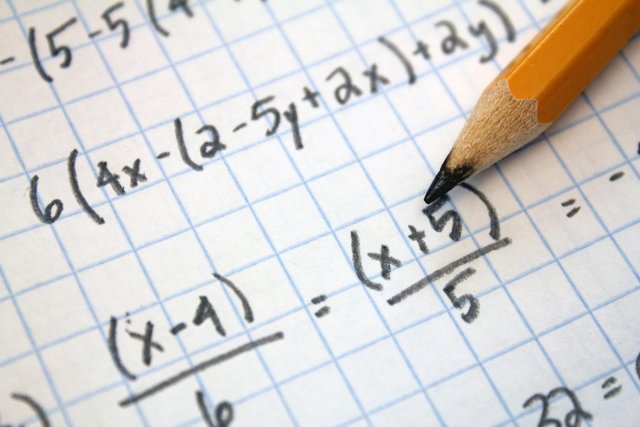|
|
 |
 |
| Odds and Outs: the maths theory behind poker |
| |
 |
| |
There are a few
key things you need in poker in order to be a successful player – you need
to be able to bluff, or at least hide your reactions from opponents, so they
can’t tell what you’re thinking. You also need to have a certain
level of experience, whether it’s just grinding hours at
online poker so you get to see how
different people play or endless friendlies with your mates, unless you log
some games you’re not likely to ever be super successful. And, perhaps
most importantly, you need to be able to work out your outs.
It’s
no shocker to learn that you need a decent head for maths in order to play
poker, but do you know the calculations you need off the top of your head?
Elementary probabilities that you’ll need to get your head around are
things like the odds of getting any given suit is about 25%, there are four
suits in the deck so the odds of a card being a set suit is one in four or 25%.
This same calculation applies to set ranks (the odds that you’ll get a
card of a given rank, say a jack, is 7.7%) and for getting a set card from a
particular suit and rank is 1/52 and the chances are 1.9%. Being aware of how
many of a set card are in the deck is an important step in choosing how to play
a hand and it’s imperative in calculating your outs.
So what is an out?
Basically, it’s the card you
need in order to complete the strongest hand. To give an easy example, if your
hand is 10 and J and J with the flop consisting of Q with the flop consisting of Q K K and A and A , you already have an outstanding hand but,
if the next card out is A , you already have an outstanding hand but,
if the next card out is A , then you’ll have the strongest
possible hand and getting that ace is what you want. It may be tempting to
think the odds are 1.9% but they’re actually better: you know that five
cards have already been dealt, none of them was the ace of spades, thus the
odds aren’t 1/52 they’re 1/47 so it’s actually a 2.12% chance.
Not a massive improvement but better than it had been. It’s important that
when you’re calculating these odds you don’t try and guess what the
opponents’ cards are – they may well have the card you need in their
hand but you can’t be sure so attempting to factor it in is only going to
confuse any calculations. , then you’ll have the strongest
possible hand and getting that ace is what you want. It may be tempting to
think the odds are 1.9% but they’re actually better: you know that five
cards have already been dealt, none of them was the ace of spades, thus the
odds aren’t 1/52 they’re 1/47 so it’s actually a 2.12% chance.
Not a massive improvement but better than it had been. It’s important that
when you’re calculating these odds you don’t try and guess what the
opponents’ cards are – they may well have the card you need in their
hand but you can’t be sure so attempting to factor it in is only going to
confuse any calculations.
Of course, you still need to play well, but
knowledge of your outs can help you make informed decisions. Knowing the odds
of your victory can help you decide if it’s really worth raising given how
likely or unlikely it is that you get the card you need. How good do you think
you are at calculating outs? Let us know in the comments below! |
| |
 |
|
| |
|
|
 |
|
 |